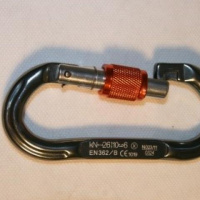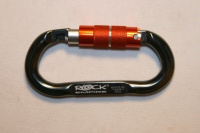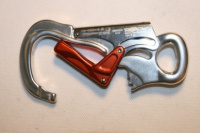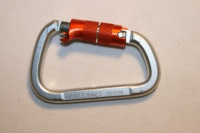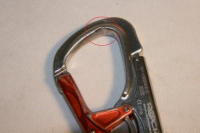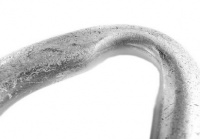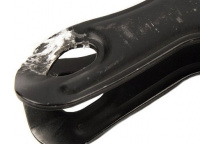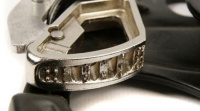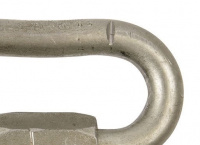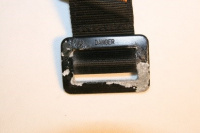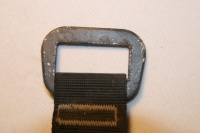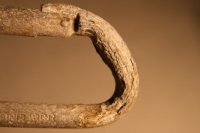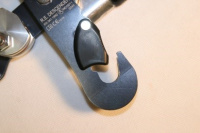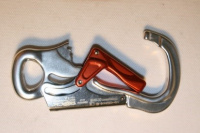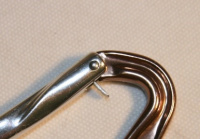Metal Products
What we check:
- Deformation
- Abrasion
- Burrs
- Cracks and Fissures
- Corrosion or Oxidation
- Pins and Springs
- Moving Parts
Deformation:
If any metal parts or metal devices are deformed in any way (compare them with the same, unused model), the product should be retired.
Abrasion:
If abrasion on any part of the product is more than 10% (compare with same, unused model), the product should be retired.
Burrs:
Burrs and other sharp edges must be filed off using a needle file. However, the maximum amount is 10% compared to a same, unused model. If the damage exceeds 10%, the product should be retired.
Cracks and Fissures :
If visible cracks or fissures are seen on the product or its components, the product should be retired.
Corrosion or oxidation:
If any metal parts or metal devices exhibit corrosion or oxidation, the product should be retired.
Pins and Springs:
If any metal parts or metal equipment show pin deformation, or other damage listed above, or if the springs do not work properly, the product should be retired.
Moving Parts:
If movement of any moving parts is limited, use the recommended lubricant. If the problem persists, the product needs to be retired from further use.

